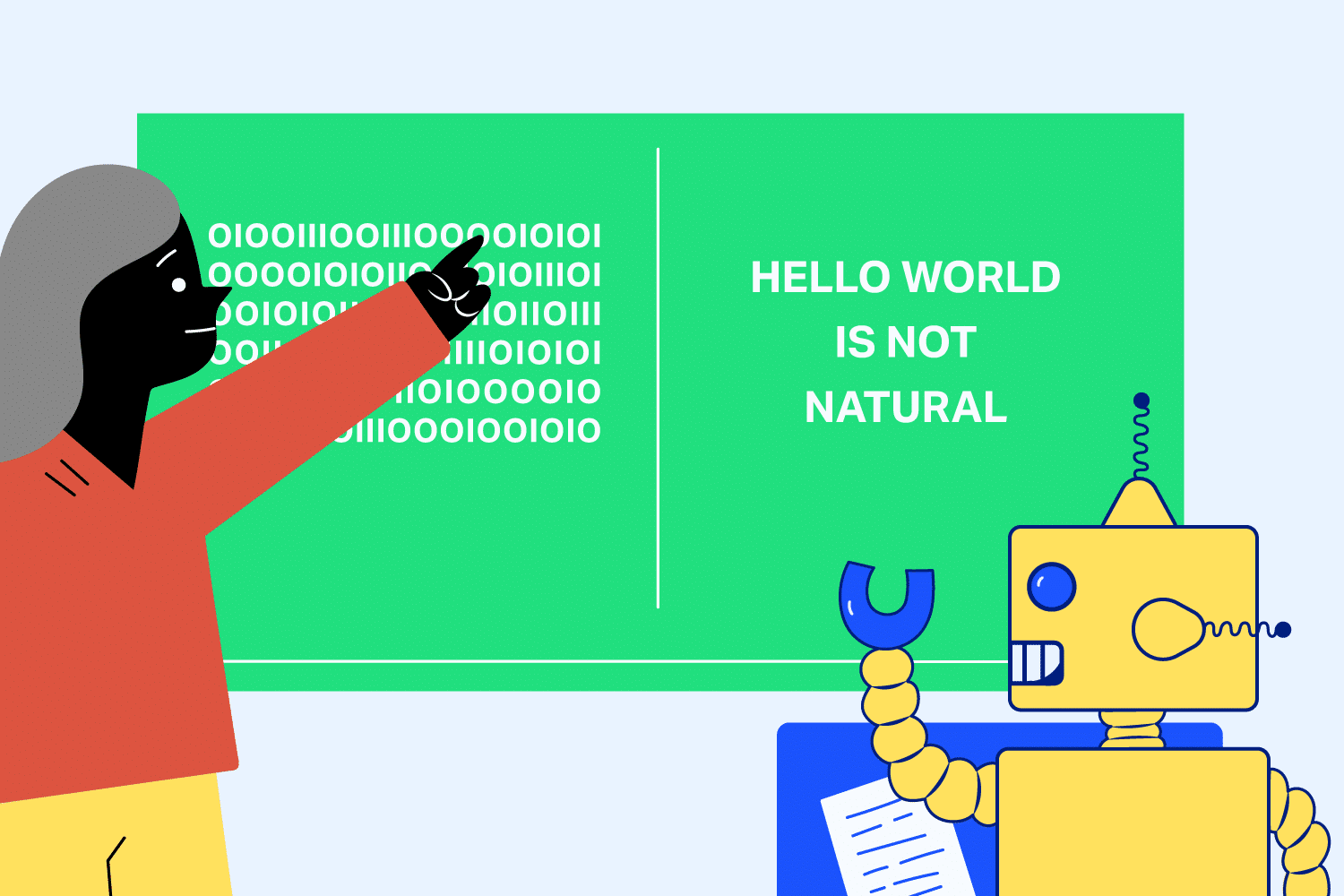The emergence of Large Language Models (LLMs) like ChatGPT, Claude, and Gemini has revolutionized how users search and interact with digital content. For ecommerce businesses, retailers, and tech startups, optimizing for natural language queries and AI-driven search behaviors is now essential to maintain relevance and visibility.
Table of contents
Understanding Natural Language Queries
Unlike traditional keyword-based searches, natural language queries resemble how people ask questions in everyday conversations. Search engines and AI models prioritize answers that understand and match user intent rather than exact keyword matches.
Key Characteristics:
- Queries are longer and more specific.
- Context and nuance are critical to satisfying the user’s need.
- Conversational tone and readability impact discoverability.
How LLMs Are Changing Search Behavior
LLMs don’t just retrieve pages—they synthesize answers from multiple sources, evaluating content based on clarity, depth, relevance, and authority.
How LLMs Process Queries:
- Parse user intent behind the question.
- Synthesize answers from trusted sources like Reddit, G2, and product documentation.
- Provide contextual recommendations and explanations.
Content Strategies for Natural Language and LLM Optimization
Focus on Intent Over Keywords
- Identify the core intent behind common search questions.
- Answer “how,” “why,” “what,” and “which” style queries directly and clearly.
Structure Content for Easy Parsing
- Use headers, bullet points, and FAQs to break up content.
- Write in a conversational, easy-to-understand tone.
- Incorporate relevant synonyms and related terms naturally.
Create Context-Rich, Authority-Driven Content
- Expand beyond simple answers with thorough explanations.
- Cite examples, case studies, and community feedback.
- Link to authoritative sources to boost credibility.
Example: Old Search vs. New Search
Old Way (Google Search):
- Search: “Best CRM for remote teams with Stripe integration”
- Result: Lists of “Top 10” blog posts requiring manual review.
New Way (LLM-Based Search):
- Query interpreted with intent: “CRM + remote team collaboration + Stripe integration.”
- Synthesized response offering specific product comparisons, tradeoffs, and community feedback.
Voice Search Optimization
Voice searches often overlap with natural language patterns.
Voice Optimization Tips:
- Use complete questions and natural phrasing in headings.
- Optimize for featured snippets and rich answers.
- Include local search signals where applicable.
Conclusion
Optimizing for natural language queries and LLM-driven search represents a major opportunity for ecommerce businesses, retailers, and tech startups. By prioritizing intent-driven, conversational, and context-rich content, brands can future-proof their SEO strategies and thrive in the evolving AI search landscape.
FAQs
Q: What are natural language queries?
A: Natural language queries mirror conversational questions and require content that clearly matches user intent with a readable, context-driven approach.
Q: How do you optimize content for LLM-based search?
A: To optimize for LLMs, write intent-focused, conversational content, structure information clearly, and support responses with credible sources and examples.
Sources and Further Reading
- Google Voice Search Overview
- OpenAI’s ChatGPT
- Anthropic’s Claude
- Google Search Central SEO Starter Guide
- Content Marketing Institute


Leave a Reply
You must be logged in to post a comment.